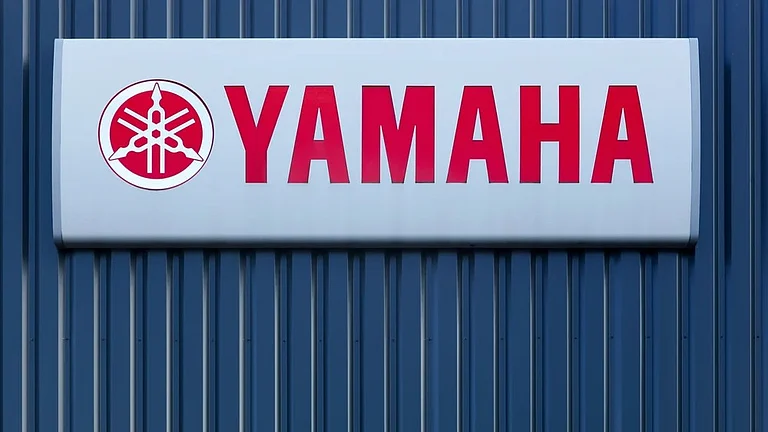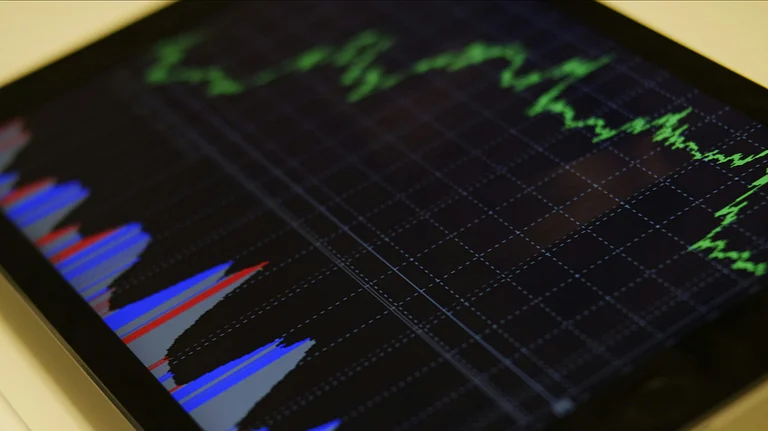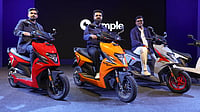Legacy automakers are going slow on adopting the EV technology as majority of their profits are coming from ICE vehicles, said Toru Tokushige, founder and CEO of Terra Motors Corporation on Tuesday in New Delhi. Hence, it was comparatively easier for new companies to enter into the EV market, he added.
“Traditional automakers like Bajaj and TVS enjoy a significant amount of profit from their existing products (ICE vehicles). If they push into the electric vehicle segment, they will lose their existing market share (in ICE segment),” he said.
He said the same reluctance is seen from major Japanese automakers like Toyota, Honda, and Yamaha as they have invested a lot in the ICE technology.
Japanese automakers have been apprehensive of the EV technology and hence lagged behind their global rivals like Tesla and BYD. In 2023, China piped Japan as the largest exporter of vehicles on back of an increased shipment of electric and hybrid vehicles.
In India, Japanese carmakers like Suzuki, Honda and Toyota have been advocating for encouraging fuel technologies like ethanol, flex fuel, biogas, and hybrid along with the electric vehicles.
On the other hand, domestic players like Tata Motors and Mahindra & Mahindra are pushing for incentives to move faster towards zero emission vehicles.
According to a 2024 report by InfluenceMap, Japanese automakers are the least prepared for an electric vehicle transition. They are engaging the hardest against the technology and promoting policies to lock in a longer-term role for ICE-powered vehicles, including hybrids.
“The four companies with the lowest forecast electric vehicle production in 2030 were also all from Japan - Suzuki at 10%, Honda at 24%, Toyota at 29% and Mazda at 30%,” the report says.
Tokushige said, this (apprehension towards EVs) is slowly changing as electric vehicle technology is a big trend; however, the traditional players are not much aggressive for EV push.
Tokushige was speaking on the sidelines of Terra Motors’ launch of Kyoro, the company’s first electric auto in the Indian market.
Terra Motors is a Tokyo-based company and Kyoro marked its entry into the L5 segment of the automobile market. The vehicle has been priced at Rs 3.65 lakh. It plans to produce about 5,000 electric autos this year.
The company currently sells 20,000 units of e-rickshaws annually. According to a 2023 report by Wiserfeed Consulting, Mahindra Electric was the leading player in the Indian e-rickshaw market with a market share of 22%, followed by Terra Motors (17%), Saera Electric (11%) and Hero Electric (11%).
According to the company’s website, Terra Motors has a workforce of over 200 in India and a dealership network of 400 across 15 states.
As e-rickshaws are prohibited to ply on roads in many areas of the Delhi-NCR region due to safety concerns and traffic jam, the company decided to venture into the electric auto segment, also buoyed by Delhi government’s draft EV 2.0 policy that looks to disallow registration of CNG autos after August 15 this year in a bid to accelerate the transition from CNG to electric autos.
“The (Indian) government is aggressively promoting L5 (electric autos),” said Tokushige.
Terra Motors began operations in India in 2014 with the launch of e-rickshaws in the country. Terra also provides financing and charging solutions.
Founded in 2010, Terra Motors boasts of high profile investors including Nobuyuki Idei, former CEO of Sony Corporation; Koichiro Tsujino, former president of Google Japan; and Kenji Yamamoto, former vice president of sales at Apple, USA.






























